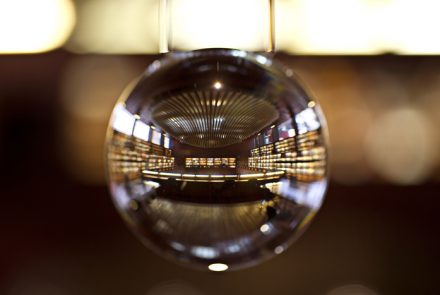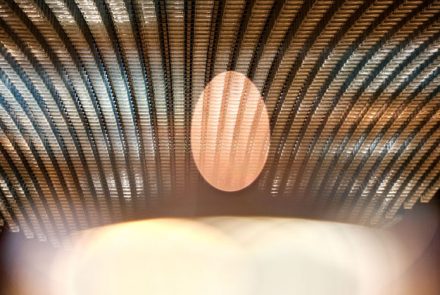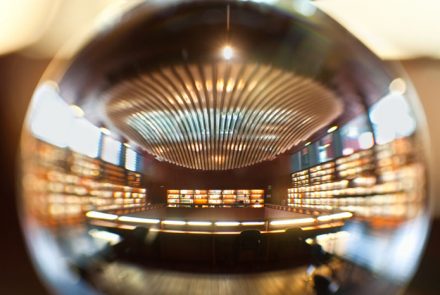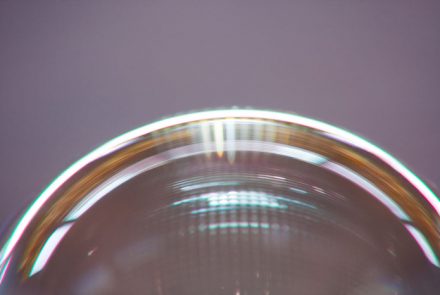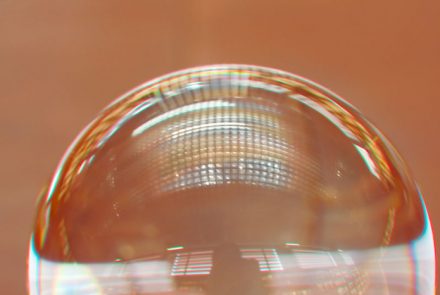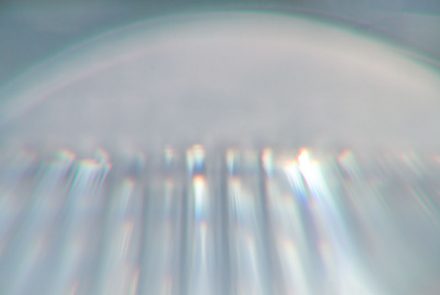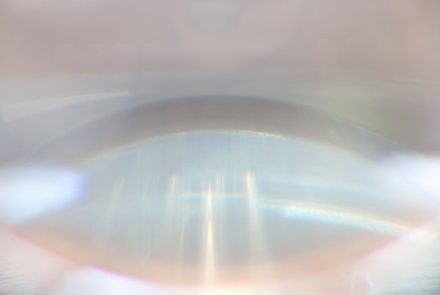The Weightnessless Solaris Library
Este proyecto surge como una idea propuesta por la productora Notro televisión para realizar un documental de arquitectura para TeleMadrid sobre distintos procesos creativos, fotografía y arte a partir de una selección de 12 edificios de arquitectura contemporánea de Madrid y 12 artistas o fotógrafos emitidos en doce capítulos. El documental titulado Postales de Madrid en el siglo XXI ha sido premiado recientemente por la Academia de Televisión Española.
Más textos abajo / english above
Este proyecto surge como una idea propuesta por la productora Notrotelevisión para realizar un documental de arquitectura para TeleMadrid sobre distintos procesos creativos, fotografía y arte a partir de una selección de 12 edificios de arquitectura contemporánea de Madrid y 12 artistas o fotógrafos emitidos en doce capítulos. El documental titulado Postales de Madrid en el siglo XXI ha sido premiado recientemente por la Académia de Televisión Española.
Partiendo de la ampliación de Jean Nouvel para el Reina Sofía, Alberto Medem, socio del estudio de Nouvel en Madrid, me explica de manera fascinante las ideas que sustentan el edificio y muchos detalles interesantes de su creación que me permitien comprender la esencia y a la vez la complejidad del edificio. A partir de estos ejes principales establezco conexiones con las ideas fundamentales de mi lenguaje lumínico. Entónces inicio mi trabajo con la cámara, distintos objetivos y una lente esférica explorando las temperaturas de la luz natural y artificial, los reflejos, las transparencias y las sensaciones que transmite el espacio.
Centré mi atención en la biblioteca del Museo por su lámpara gigante de cristal, por sus libros iluminados, como espacio para la meditación, la reflexión, el conocimiento, y en las calidades y temperaturas de su luz como metáfora de la luz de la conciencia.
A través de la visión que me permitía la lente esférica, tuve el deseo de flotar en ese espacio para poder sentir y contemplar los 360 grados del lugar, un espacio interior con fuentes infinitas de conocimiento. Aquella sensación me transportó a la imagen de la escena en que la nave espacial de Solaris, la película de ciencia ficción de Tarkovski (1972), los protagonistas experimentan la ingravidez cuando se citan en la biblioteca cosmonauta justo después de la siguiente conversación, el misterio y la tensión psicológica de toda la película aun me sigue emocionando:
SNAUT: ¡alguna vez hay que dormir!, el problema es que…
(cogiendo El Quijote de entre un montón de libros)
¡uno ha perdido el sueño! Mejor lees tu Kris, estoy un poco
excitado
KRIS: sólo una cosa sé, Señor. Cuando yo…
(Snawt besa la mano de Hari junto a Kris)
…cuando yo duermo no conozco el miedo, ni las esperanzas, ni los trabajos, ni la dicha… Gracias a quien inventó el sueño, la única balanza que iguala al pastor y al rey, al tonto y al sabio. Sólo es malo el sueño profundo, se parece demasiado a la muerte.
SNAUT: Sancho, nunca antes habías dicho un discurso tan elegante.
SARTORIUS: ¡qué maravilla! Pero, ¿quizá me dejen hablar? ¡propongo brindar por Snaut, por su valor y por su fidelidad al deber! ¡Por la ciencia y por Snaut!
SNAUT: ¿La ciencia? ¡No tiene sentido! En esta situación son impotentes la mediocridad y la genialidad!. En realidad no queremos conquistar ningún Cosmos. Queremos ampliar a la Tierra hasta sus confines. No necesitamos otros mundos. Queremos un espejo. Buscamos un contacto, pero nunca lo encontraremos. Estamos en la necia situación del hombre que busca la cadena que teme y no necesita. ¡Al ser humano le hace falta otro ser humano!
Diálogo extraído de la película Solaris (Andrei Tarkovsky, 1972)Traducción: Pablo Enrique López Rodríguez
(English translation)
This project started with an invitation from Notrotelevision producers to be involved in a documentary about architecture for TeleMadrid.
The documentary investigated the creative responses of twelve artists and photographers to contemporary architecture in Madrid. Sited around twelve different buildings and broadcasted in twelve individual programs the series was titled Postcards of Madrid in the 21st century; The production was awarded a recent prize from the Academy of Spanish Television.
Starting in the new extension of the Museo Nacional Centro de Arte Reina Sofía, designed by Jean Nouvel, his Madrid based partner, Alberto Medem gave me a fascinating explanation of the ideas that support the structure and design of the building. I was provided with many interesting details about his creation enabling me to understand the essence and complexity of the building. I began to form connections with the building, the principle ideas about light and how to express it through my visual language. I then started working with my camera, using various objectives and a spherical lens. I explored the temperatures of the natural and artificial light; the reflections, the transparencies, and sensations that the spaces transmit.
I focused my attention around the library of the museum as I had found there a huge crystal lamp, illuminated books, space for meditation, for reflection, for knowledge and where the quality of the light acted as a metaphor for the light of the conscious.
Visualising the room through a spherical lens, I experienced a wish to float in the space, to be able to feel and contemplate all 360 degrees of it; an inside space with an infinite source of knowledge. Those sensations transported me to the space ship in Tarkovsky’s science fiction film Solaris; in the library just after the following conversation the main characters experience weightlessness. The atmosphere and physiological tension throughout the film still moves me emotionally:
SHAUT: But one must sleep sometime. That’s the problem.
(taking Don Quixote from a pile of book)
Man kind has lost the ability to sleep. You’d better read. I’m a little excited
KRIS: I know only one thing sir…
(Snaut takes Hari’s hand and kisses it)
…When I sleep, I know no fear, no hope, no trouble, no bliss. Blessings on him who invented sleep. The common coin that purchases all things, the balance that levels shepherd and king, fool and wise man. There is only one bad thing about sound sleep. They say it closely resembles death.
SNAUT: Never before Sancho, have I heard you speak to elegantly as now.
SARTORIUS: That’s great, but perhaps you’ll let me say something now? I propose a toast to Snaut, to his bravery, to his devotion to duty, to science and to Snaut.
SNAUT: Science? Nonsense! In this situation, mediocrity and genius are equally useless. We have no interest in conquering and cosmos. We want to extend the earth to the boarders of the cosmos. We don’t know what to do with other worlds. We don’t need other worlds. We need a mirror. We struggle for contact, but we’ll never find it. We’re in the foolish human predicament of striving for a goal that he fears, that he has no need for. The human being needs other human beings!
Dialogue extracted from the movie Solaris, (Andrei Tarkovsky 1972)
Translation by Sian Ricketts
Madrid 2010
